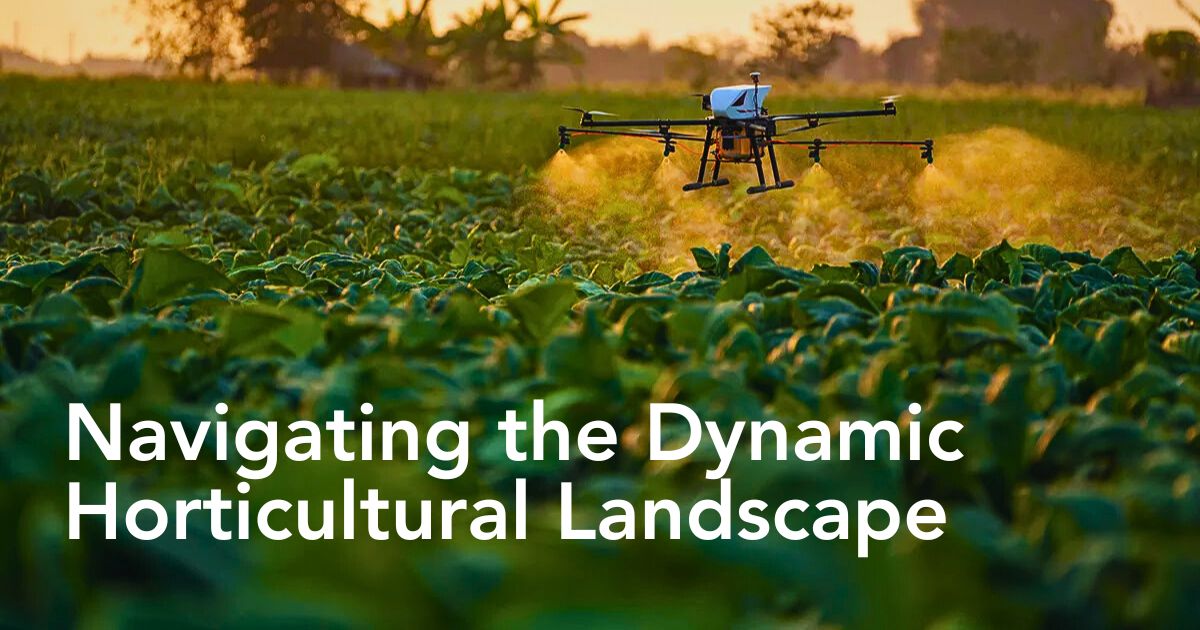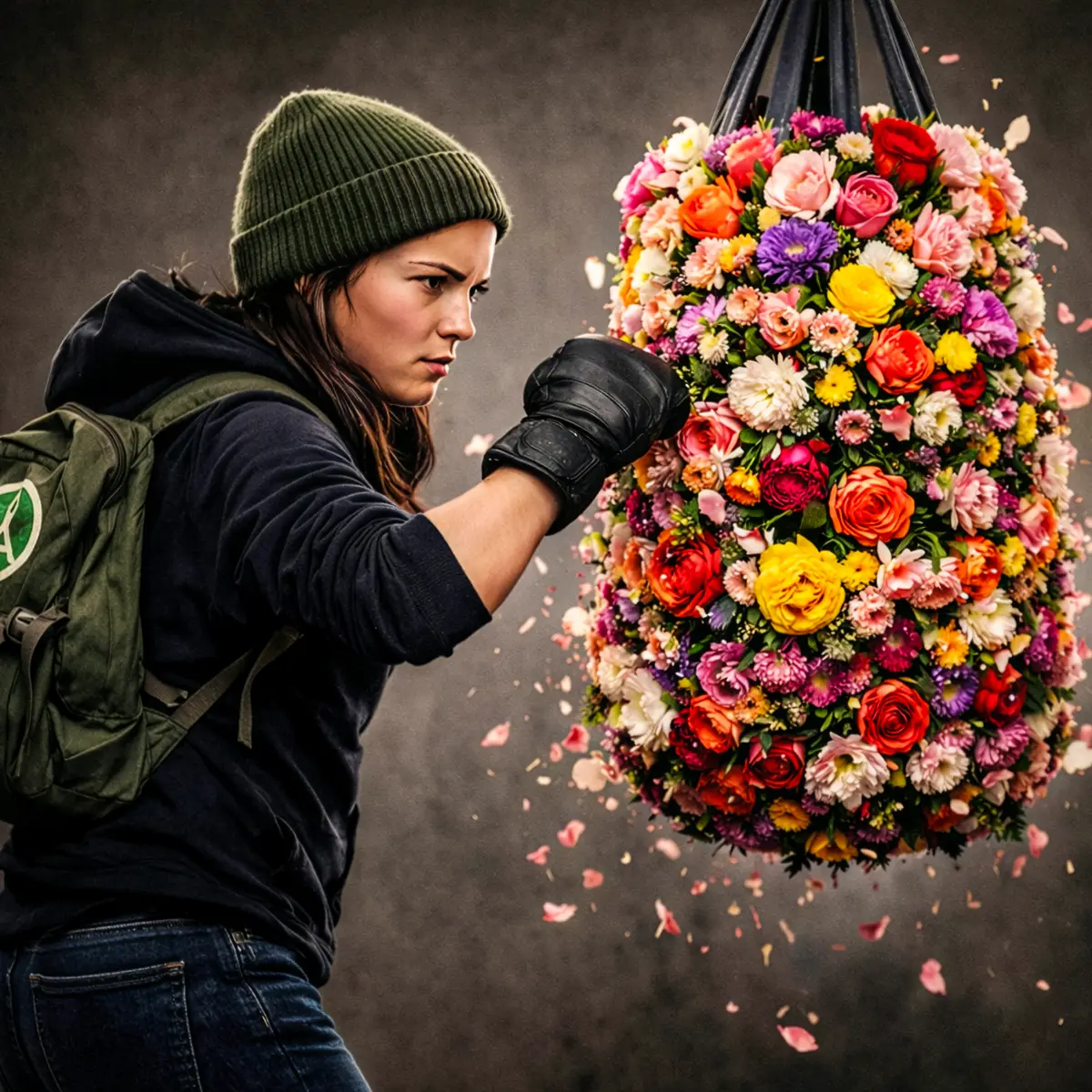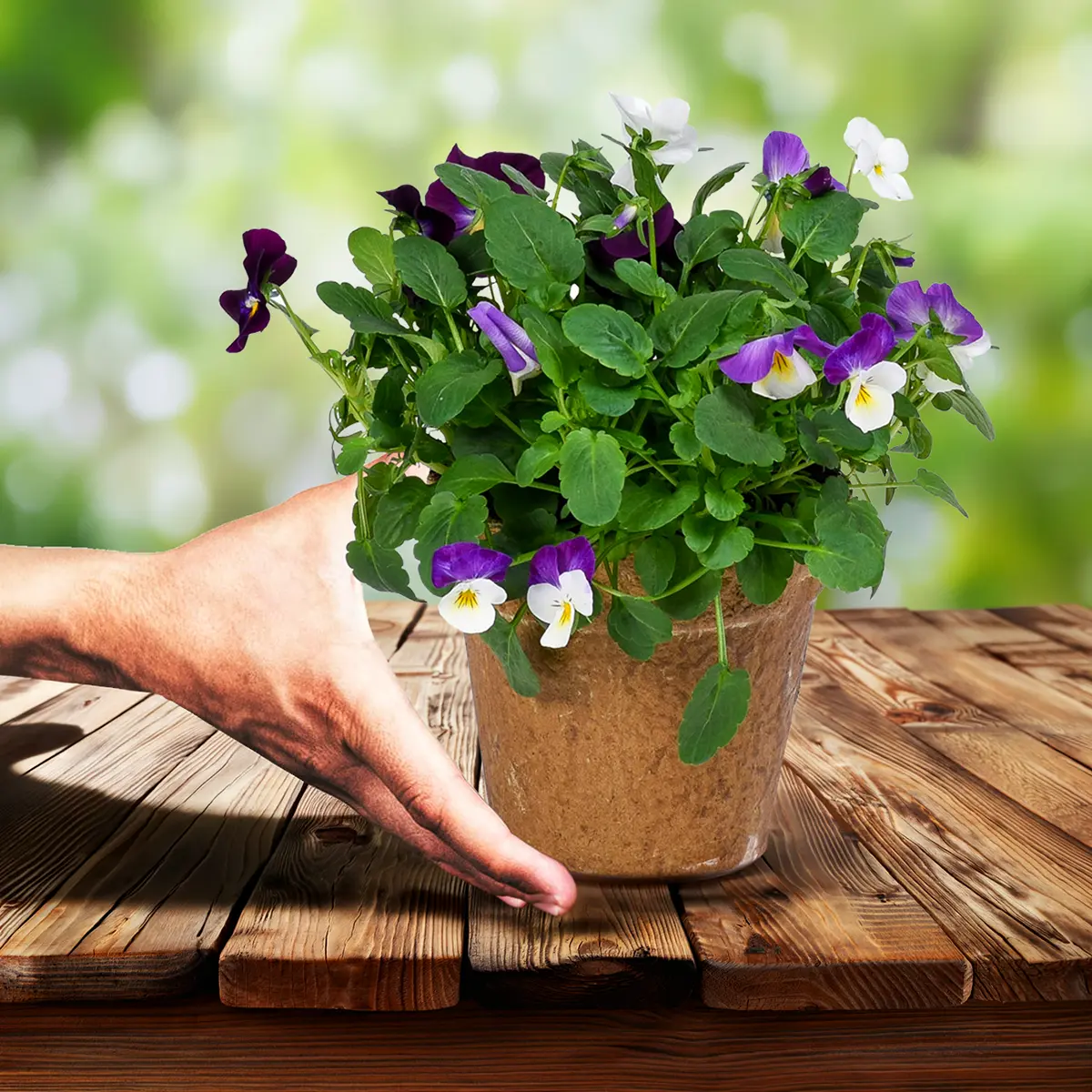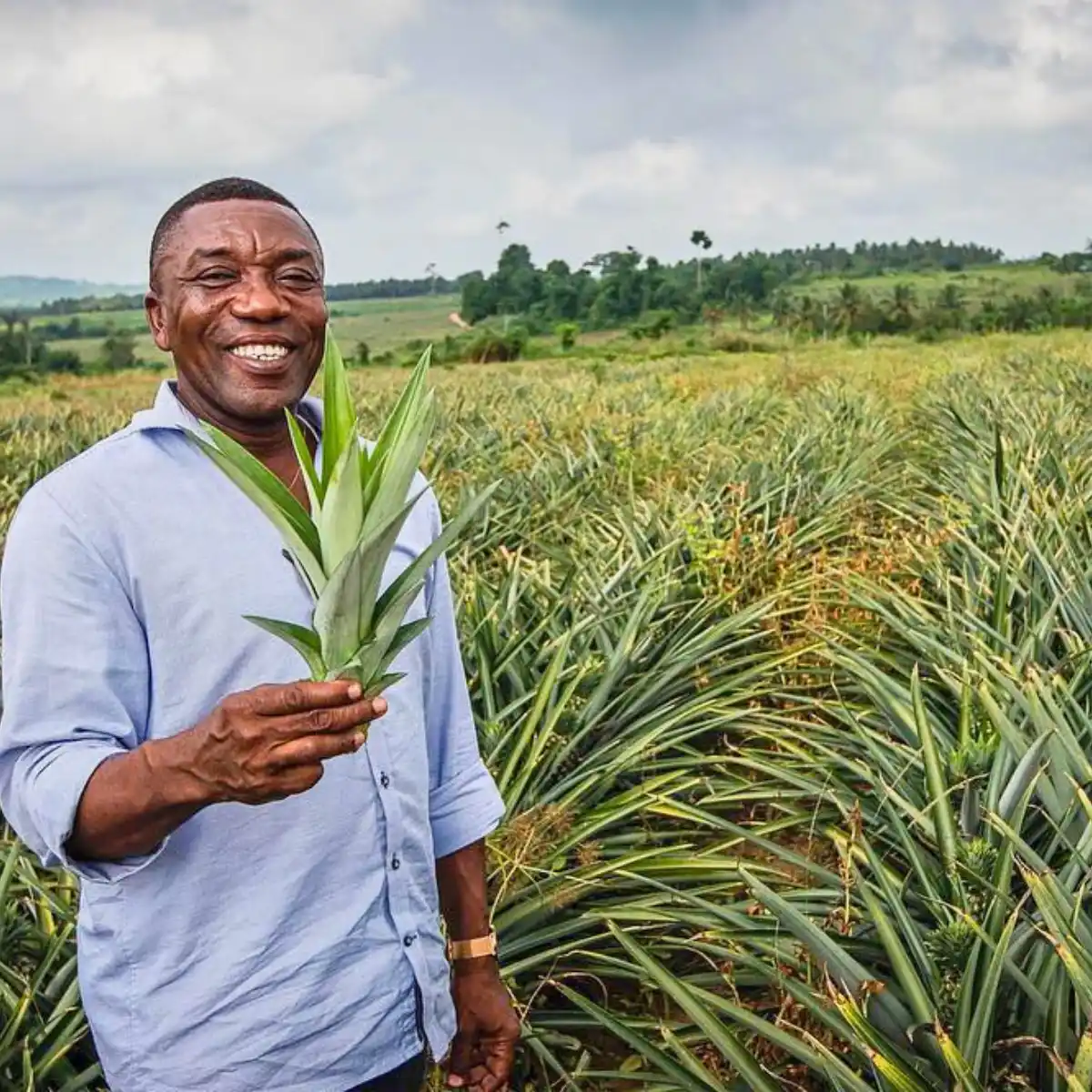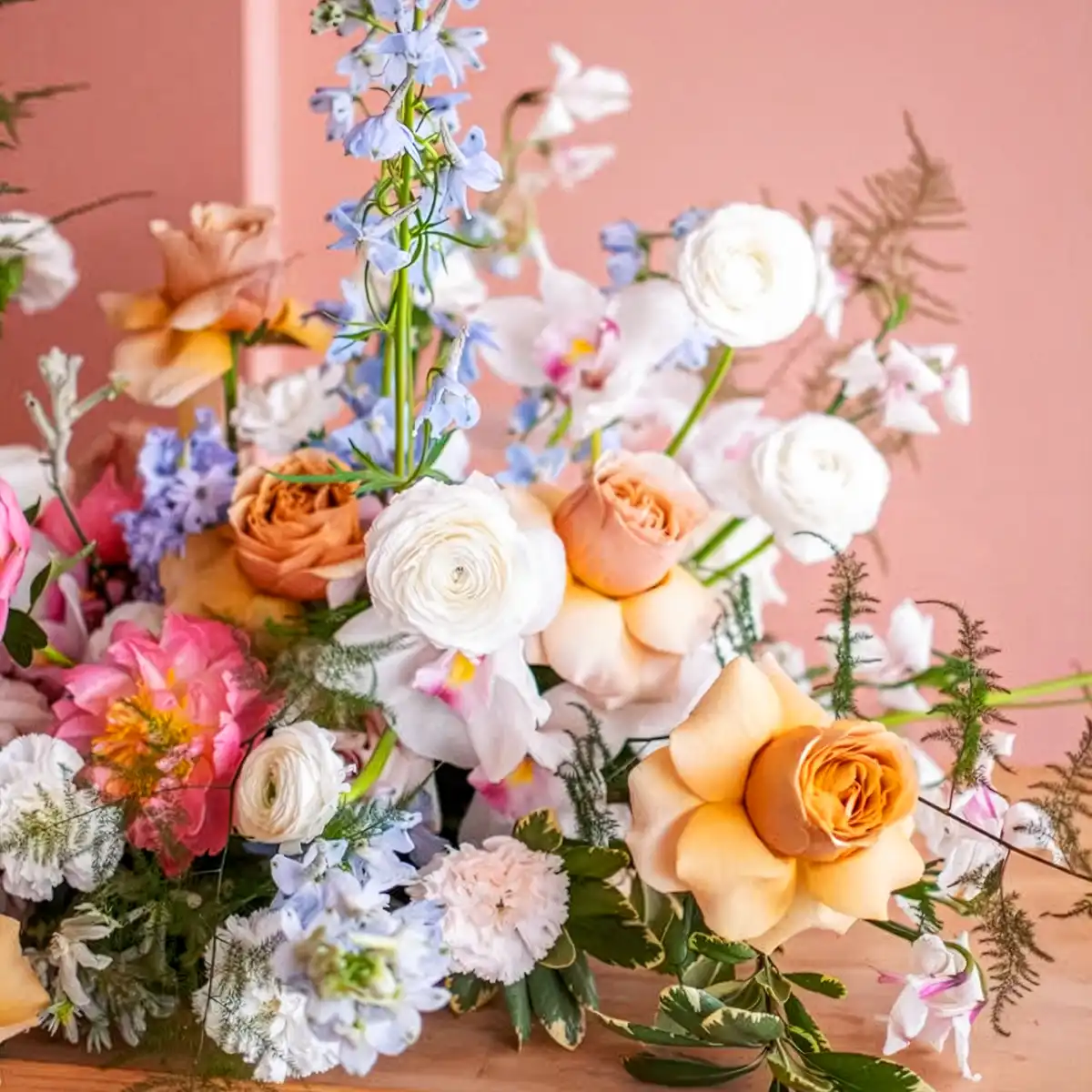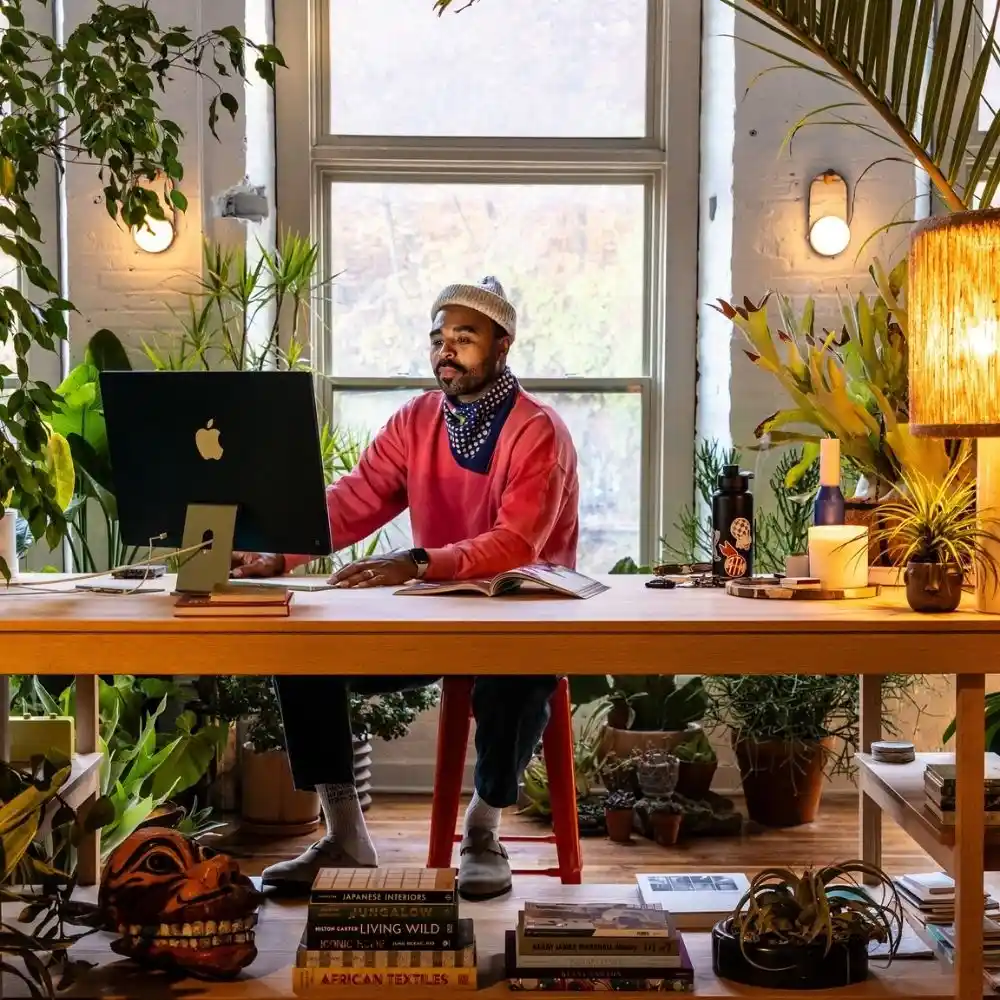Exploring sustainability, technological innovations, and AI development in horticulture forms the main agenda for the 77th Annual Congress of the International Association of Horticultural Producers (AIPH), to be held from 14th-18th September 2025 in Ghent, Belgium. Hosted at the NH Collection Ghent, the Congress offers a mix of expert discourses, practical demonstrations, networking, and collaborative opportunities, all aimed at enabling industry leaders to navigate the dynamic horticultural landscape.
Open to all, the Congress offers an opportunity to hear from experts in the fields of horticultural sustainability and technology, while discovering Belgium’s unique floriculture scene. As the dates for the event draw closer, there is a compelling narrative of reshaping how the horticultural sector addresses its most pressing issues, which complements the expected discussions on sustainability and technology. The Congress is, after all, a strategic convergence of industry partnerships, practical innovations, and forward-thinking collaborations all partnering to chart a sustainable future for the horticulture industry.
Sustainability Strategies in Focus
After the welcome dinner and the International Horticultural Expo Conference and AIPH General Meeting on the first two days, the Congress will shift gears on the third day. The morning session on September 16th focuses on sustainability, exploring how the ornamental horticulture industry can prepare for a more sustainable, tech-enabled future. It positions sustainability as a strategic approach to long-term industry viability, rather than just a regulatory burden. Focused sessions bring together expert voices from across the value chain.
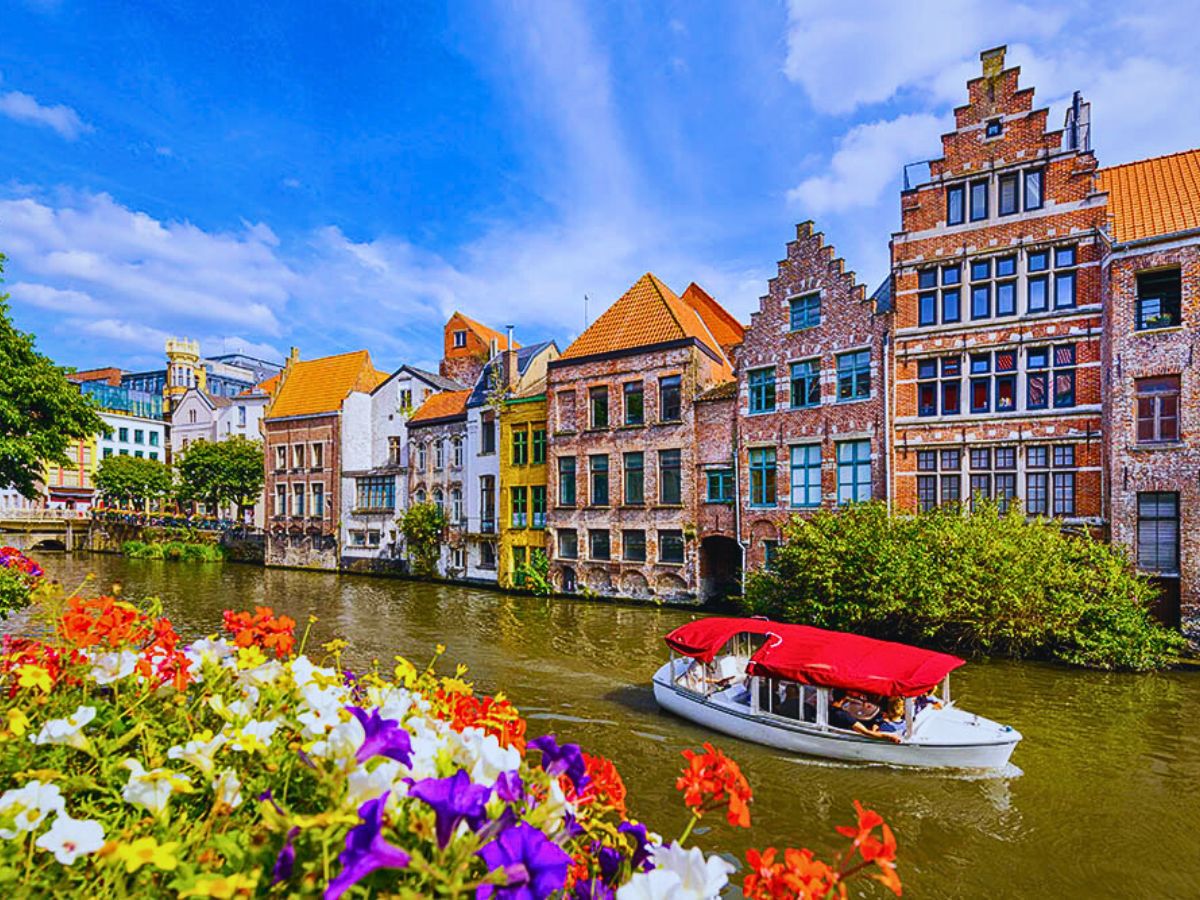
Independent Sustainability Consultant Daan de Vries opens the proceedings with a global perspective on sustainability challenges, establishing the framework for understanding how environmental conservation can drive innovation and market differentiation. Here, the sustainability agenda tackles the industry's most pressing environmental concerns with practical solutions that growers can implement immediately.
Sylvie Mamias, Secretary General of Union Fleurs, will then dissect the EU's regulatory agenda on sustainability, highlighting implications for the floriculture supply chain, including traceability requirements and insights on carbon footprint reduction that could reshape international trade dynamics. Her presentation illustrates how policy changes translate into practical requirements for producers, helping one to anticipate and prepare for regulatory shifts that will shape the industry's future.
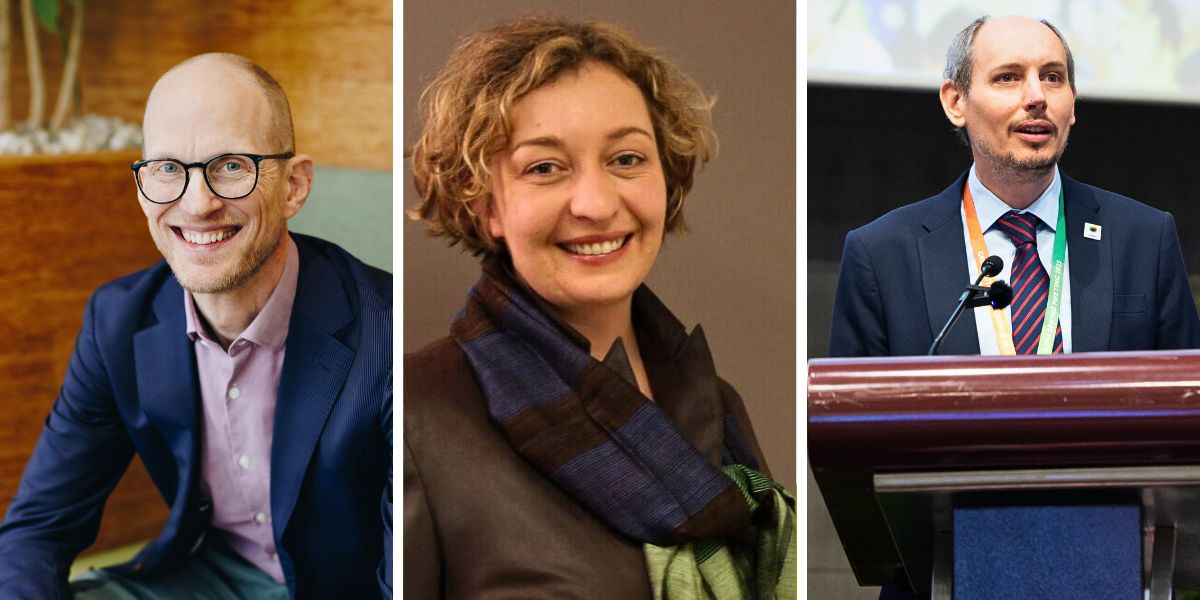
Belgian and Dutch Innovations Leading the Way
A fresh highlight comes from Viaverda, Belgium's premier research institute, which will share innovative developments tailored to local growers. Their presentation illustrates how integrated pest management (IPM) and resource-efficient techniques are being embedded into daily operations, providing real-world examples of how Belgian horticulturists are leading in circular economy models. Then, Frank van der Heide, Director of Tuinbranche Nederland, will address the Dutch retail sector's response to chemical scrutiny, detailing innovative strategies like bio-based alternatives and consumer education campaigns that balance public expectations with economic viability.
Dynamic Panels on Growing Media and Actionable Solutions
The session escalates with dynamic panels designed to build debate and consensus. 'The Great Growing Media Debate,' moderated by AIPH Secretary General Tim Briercliffe, tackles the contentious shift from peat to sustainable substrates. Panelists Cecilia Luetgebrune of Growing Media Europe, Jennifer Pheasey from the UK's Horticultural Trades Association, and Julia Ostrowski of HORTICERT will explore viability, performance metrics, and policy hurdles, drawing on trials showing alternatives like coconut coir and wood fiber can match peat's efficacy while slashing emissions by up to 50%. This discussion demystifies transitions, offering growers data-backed models for compliance and innovation.
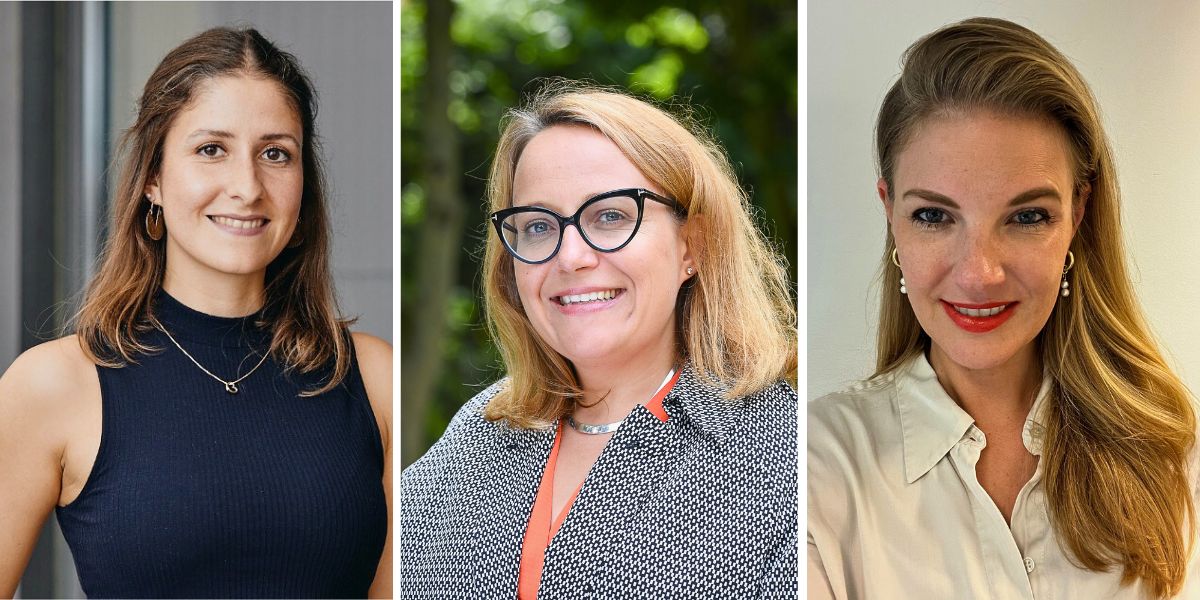
Following suit, the 'What Can We Do?' panel assembles a global cadre of experts to showcase actual initiatives. Clement Tulezi of the Kenya Flower Council (KFC) will discuss African-led efforts in water management and fair labor practices, while Stefanie Miltenburg of Royal FloraHolland outlines auction house innovations in waste reduction. Yvonne Watzdorf of the Plants & Flowers Foundation Holland will highlight marketing campaigns promoting eco-labeled flowers, Jeroen Oudheusden of the Floriculture Sustainability Initiative (FSI) will update on their 2025 targets for 90% responsibly sourced flowers, and Juan Carlos Isaza of GLOBALG.A.P. will present certification tools that integrate biodiversity metrics. These emphasize AIPH's onus to both identify problems and inspire solutions.
AIPH Secretary General Briercliffe notes:
“This forum provides a unique opportunity for the industry to address sustainability from a global perspective. Sustainability challenges for one country may be different than those for another, but together we can ensure the entire sector moves forward in the right direction.”
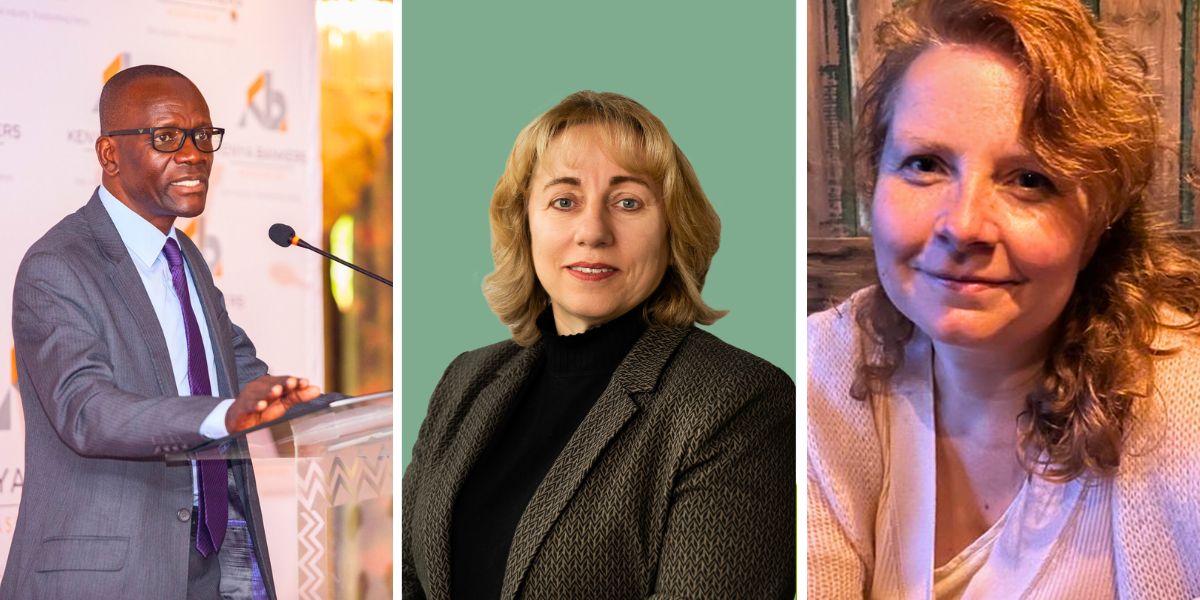
AI and Technology Reshaping Horticulture
In the afternoon session, the conference pivots to technology and AI, revealing how digital tools like automation and data analytics are revolutionizing horticultural production. This session is about adopting new technologies, just as it is about reimagining how plants are grown, monitored, and managed at a time of resource constraints and environmental awareness.
Keynote speaker Ingrid Creten, Department Head at KBC Innovation Hub's Surf Studio, will unpack AI's transformative potential, focusing on generative AI to enhance productivity and creativity—think automated design for crop layouts or predictive analytics for market trends that could boost business value by 20-30%. Dr. Ir. Johan Van Huylenbroeck, Scientific Director at ILVO, will demonstrate AI-driven crop management, where real-time sensors detect plant stress and diseases early, enabling precise interventions that cut costs and promote sustainability.
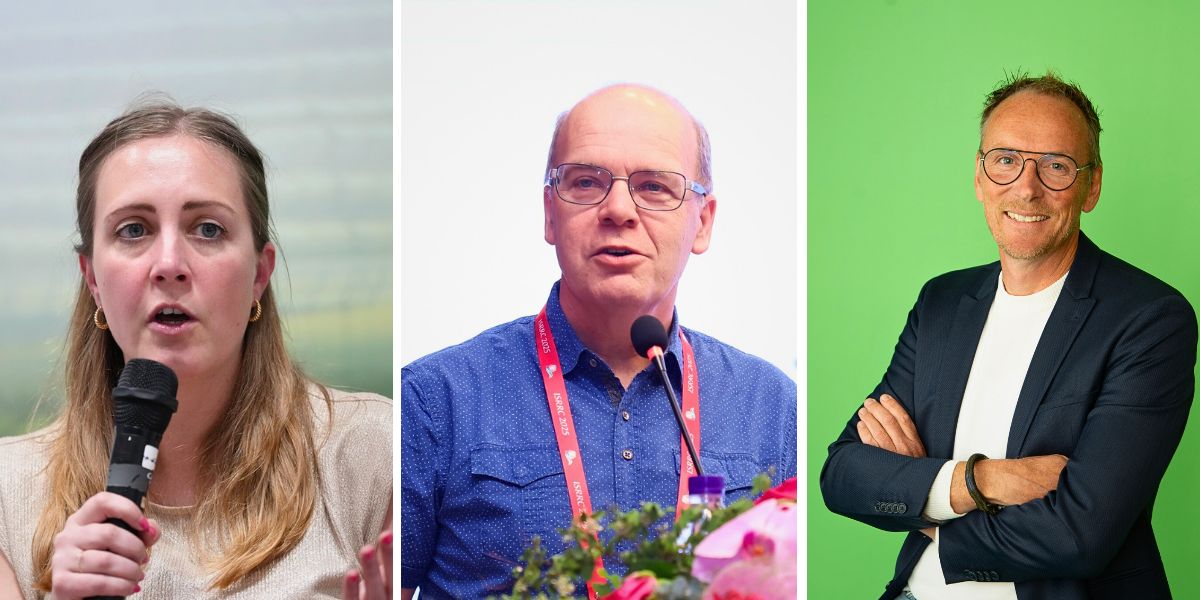
Joep Hendricks of TTA-ISO will showcase automation systems enhanced by AI. Such include robotic sorting lines that streamline propagation and production, reducing labor needs while maintaining quality. Mirjam Boekestijn, CEO of Dutch Greenhouse Delta, will provide a comprehensive overview of the Netherlands' cutting-edge tech scene, including vertical farming integrations and energy-neutral greenhouses that exemplify efficient, scalable solutions. Mirjam’s presentation also illustrates how technological innovation clusters are driving industry advancement, creating ecosystems where research institutions, technology companies, and growers collaborate to develop next-generation growing systems.
AIPH Secretary General, Tim Briercliffe, notes:
“AI is transforming life for everyone. This conference session will assess the change for ornamental horticulture and how we can keep ahead in this fast-changing environment. It is a critical topic for the industry.”
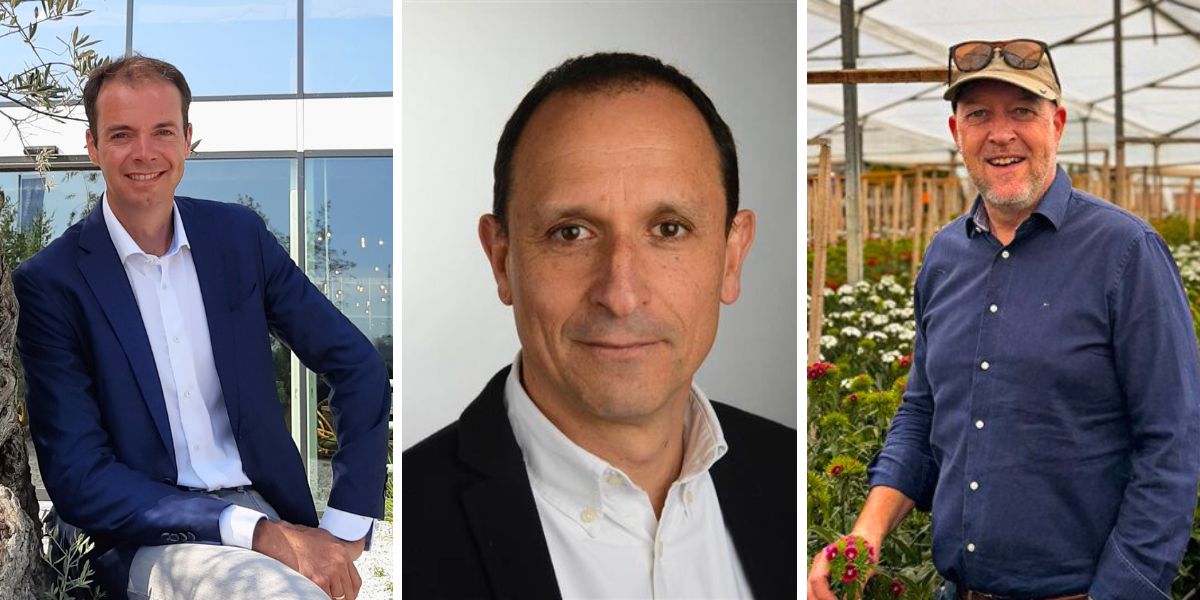
The Great Convergence, Where Sustainability Meets Digital Innovation
The uniqueness of this Congress is in its recognition that sustainability and technology are not separate tracks but interlinked approaches to industry transformation. The sessions on both topics build directly into each other, with sustainability discussions highlighting how AI and digital tools enable more precise resource management, reduced environmental impact, and improved crop quality.
Backing sustainability, AI-driven climate control systems optimize energy usage while maintaining ideal growing conditions. Sensor networks monitor water and nutrient consumption in real-time, enabling precise irrigation that reduces waste while maximizing plant health. Predictive analytics help growers anticipate disease pressure and pest infestations, reducing the need for chemical interventions while protecting crop quality.
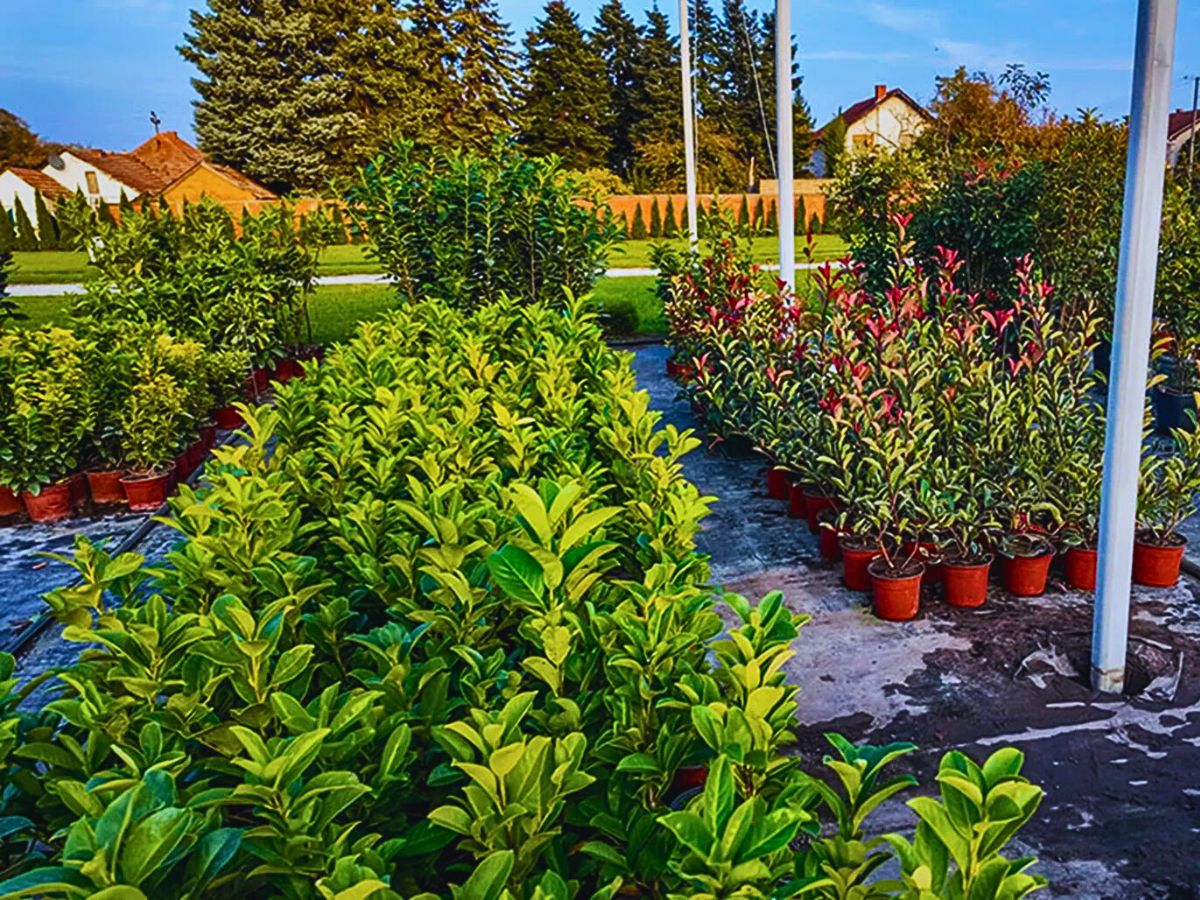
This integration shows an evolving industry that understands that environmental management and operational efficiency are complementary rather than competing objectives, since the technologies highlighted enable growers to meet increasingly stringent environmental requirements while maintaining profitability and crop quality.
Learning From Belgian Innovation
The Congress's final days—September 17th and 18th—take delegates into Belgium's thriving horticultural industry through curated tours, which make theoretical discussions practical, with learning experiences. Attendees will tour local nurseries that showcase how Belgian growers are implementing the sustainability practices and technologies discussed during the conference sessions, providing them with concrete examples of successful implementations, from circular production systems to advanced greenhouse automation.
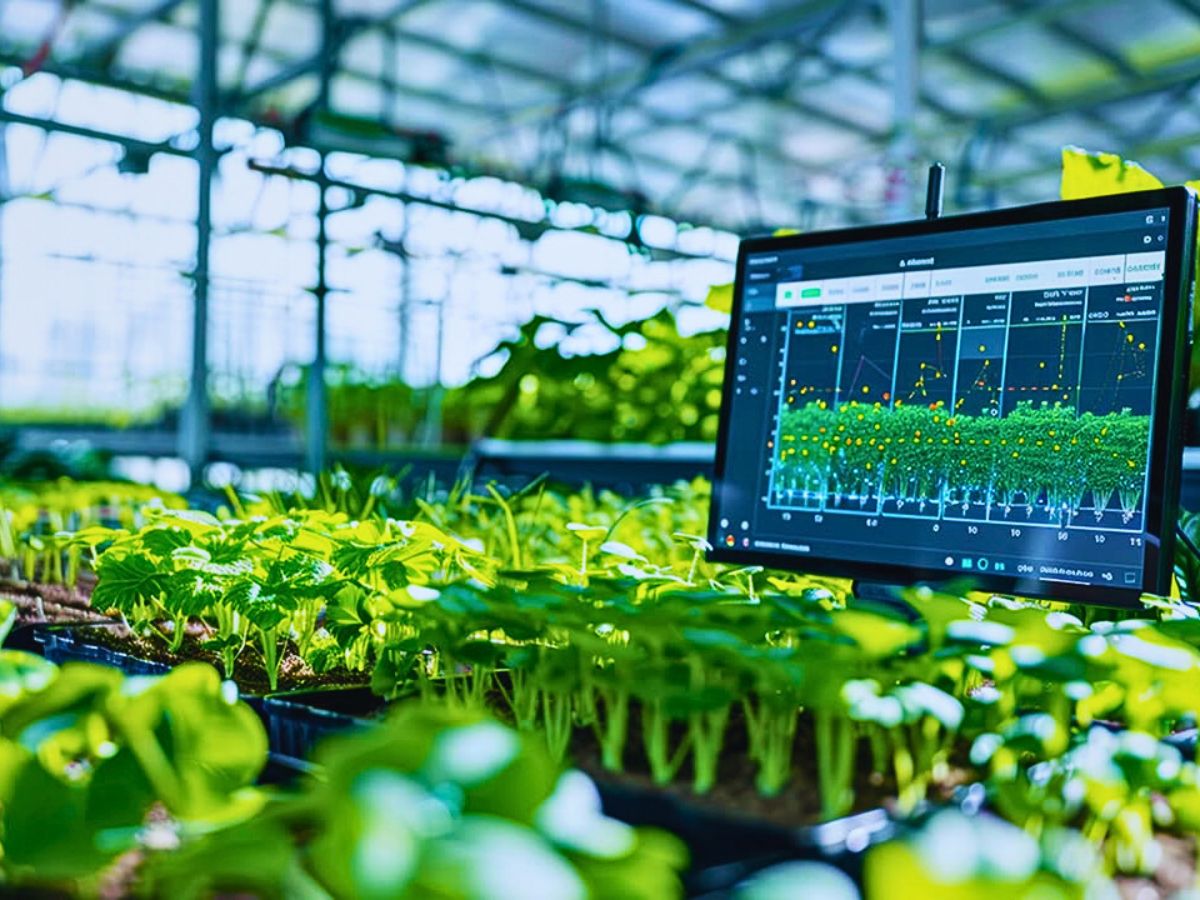
These field experiences complement the conference presentations, showing the real-world application of innovative practices. Delegates can observe first-hand how theoretical concepts translate into operational improvements, gaining practical insights that they can adapt to their own growing conditions and business requirements. Belgium's position as an ornamental horticulture leader within the EU’s regulatory framework makes it an ideal case study on understanding how the industry can navigate environmental requirements while maintaining competitiveness.
Strategic Partnerships Driving Industry Transformation
More strategic partnerships are still emerging, highlighting the collaborative spirit driving industry change. We Lodge, an innovative accommodation provider specializing in sustainable event logistics, has joined as a Gold Sponsor for the International Horticultural Expo Conference, with their expertise in eco-conscious accommodations supporting the event's environmental objectives.
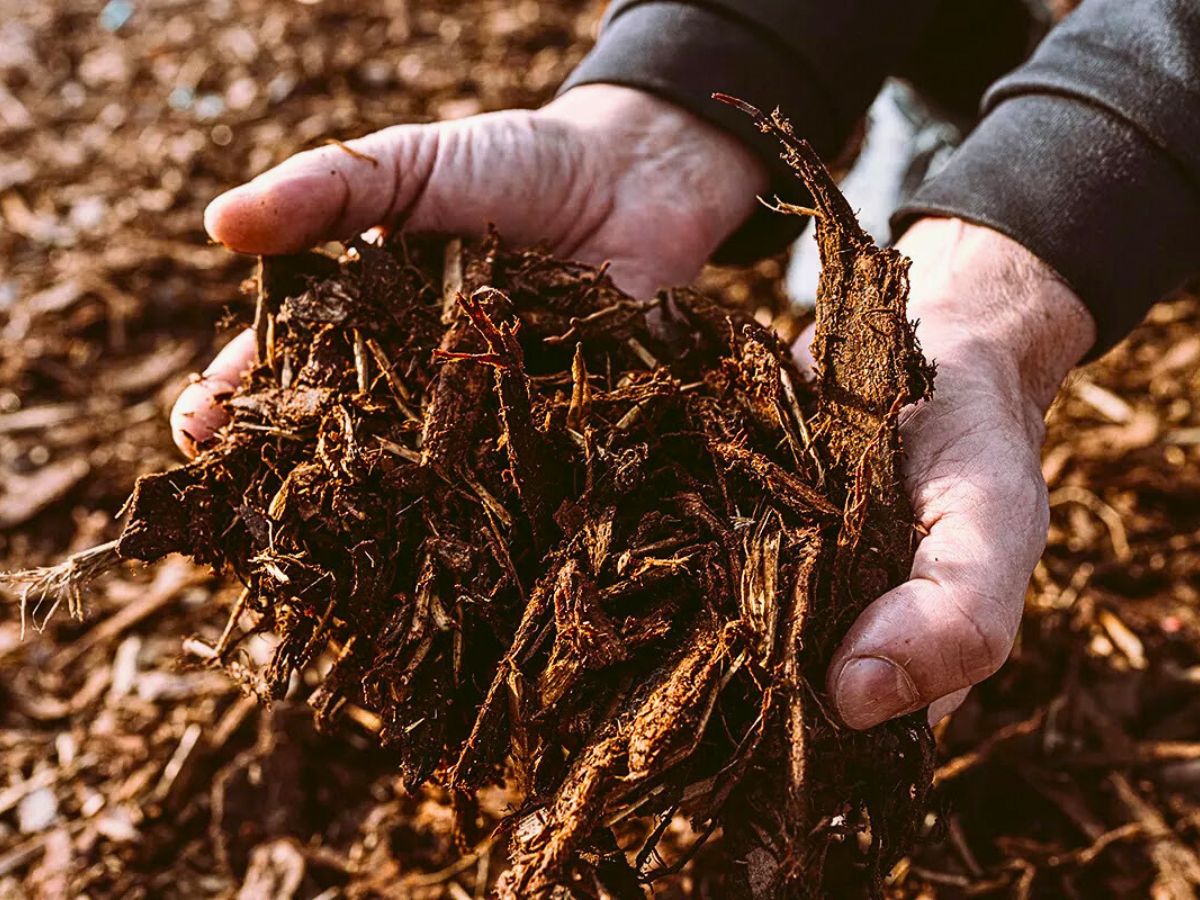
Volki Bauer, CEO of We Lodge AG, explains their involvement:
"Our commitment to innovation and sustainability is reflected in every project we undertake. Partnering with AIPH allows us to extend that vision into the horticultural world, where green thinking and smart infrastructure go hand in hand."
Join the Movement in Ghent
With the early bird window closed, Congress registration remains accessible at standard rates, alongside flexible options for individual conferences (€350 for Expo, €300 for Industry) and tours (€300 each). Exclusive rates at the NH Collection Ghent—featuring premium amenities in a historic setting—are available until August 29, 2025, on a first-come basis.
For the global horticultural community, therefore, September 14-18 in Ghent is an opportunity to understand, adapt, and implement sustainability practices and technological innovations that will define the industry's prospects. The meeting of environmental and digital innovation promises to create new possibilities for a more efficient, sustainable, and profitable horticultural sector.
AIPH thanks Host Partner AVBS, Headline Sponsor Biblo; Industry Conference Headline Sponsors GLOBALG.A.P. & GGN Label, and TTA-ISO; Expo Conference Gold Sponsors We Lodge and Mosimann's; Industry Conference Silver Sponsor HORTICERT, Industry Conference Partners Ciopora and Dutch Greenhouse Delta, and all Media Partners for their support.

